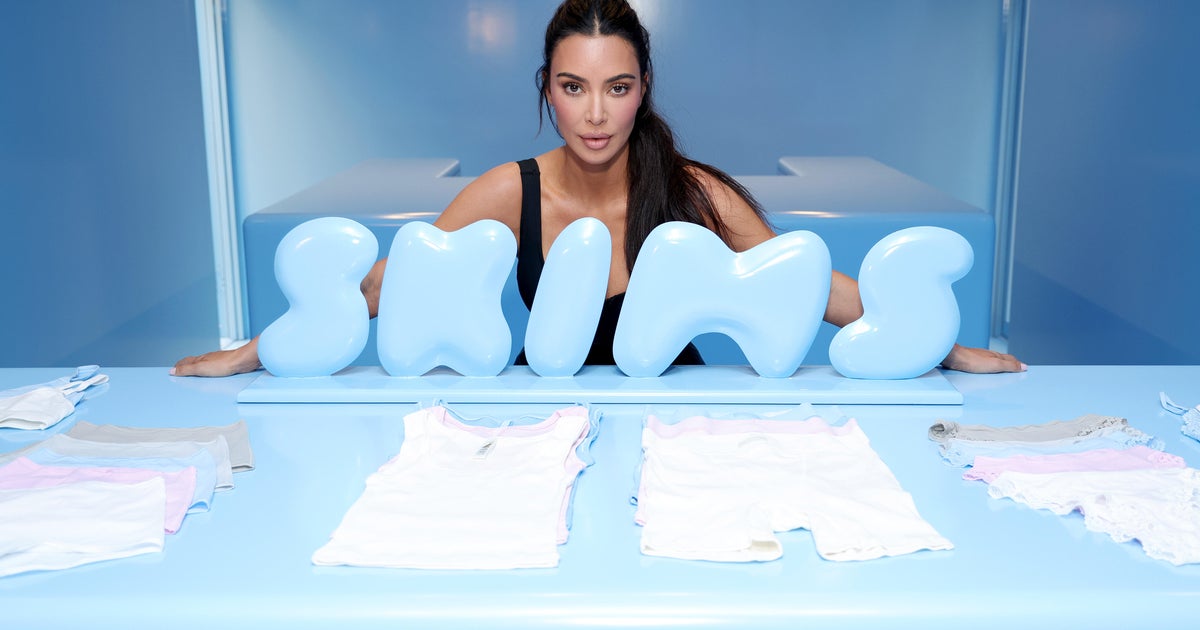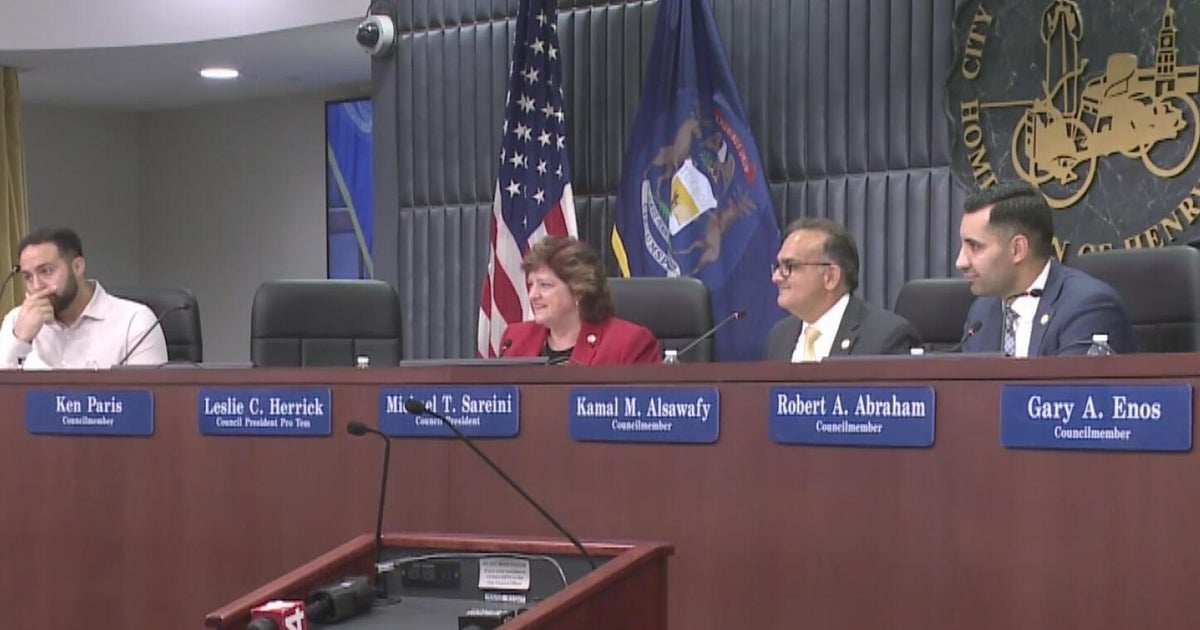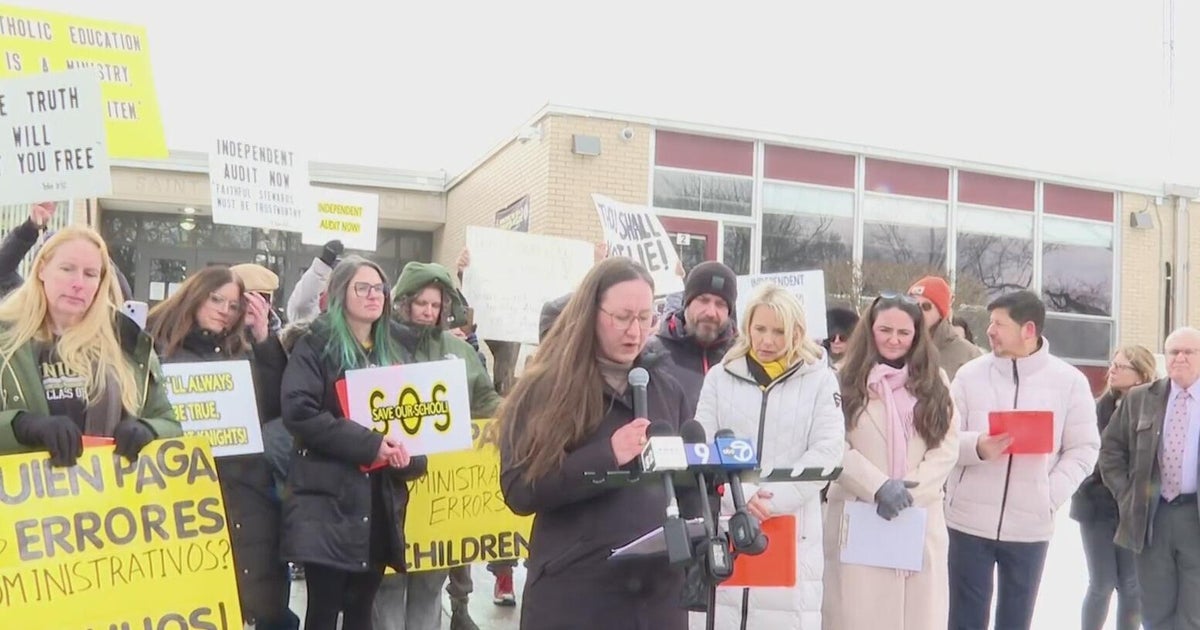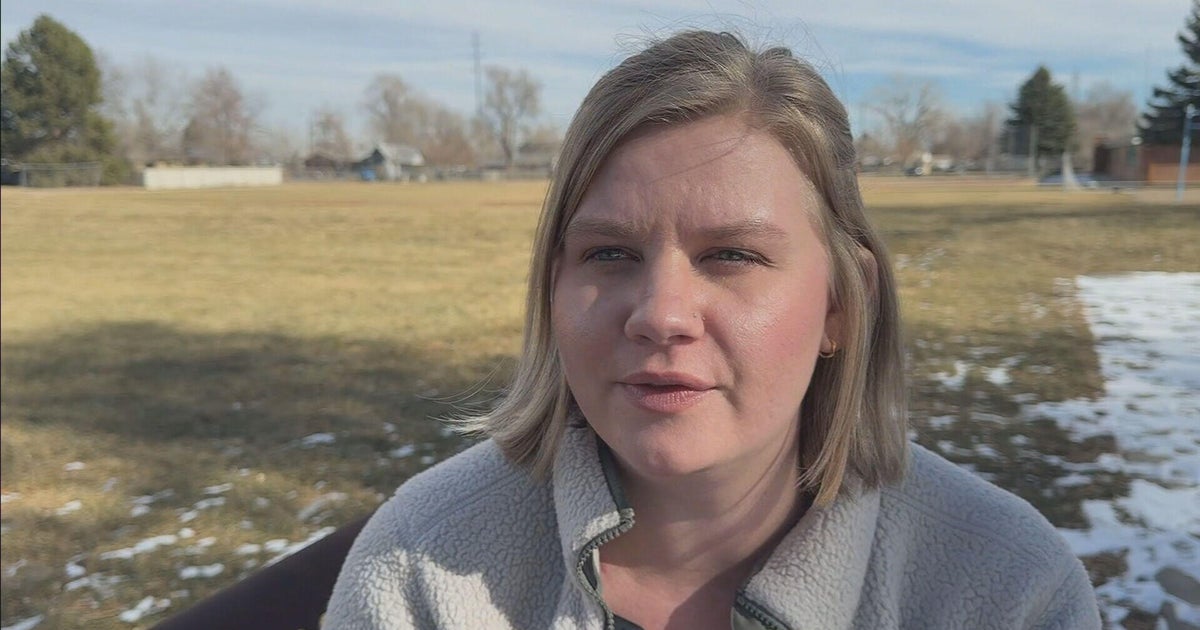Illinois, other states sue Meta, claiming its social platforms harm children's mental health
CHICAGO (CBS/AP) -- Illinois Attorney General Kwame Raoul has joined dozens of other states in a lawsuit against Facebook and Instagram parent company Meta Platforms Inc., claiming the social media platforms are knowingly addictive and harm children's mental health.
A lawsuit filed by 33 states in federal court in California, claims that Meta routinely collects data on children under 13 without their parents' consent, in violation of federal law. In addition, nine attorneys general are filing lawsuits in their respective states, bringing the total number of states taking action to 41 and Washington, D.C.
"Our children are in crisis, and we need to act," Raoul said in a statement. "The addictive features on Meta's social media platforms interfere with sleep and education, enable cyberbullying, and contribute to depression, anxiety, body dysmorphia and thoughts of self-harm. I believe the action we are taking today against Meta is one of - if not the most - important consumer protection actions my office will take. The consequences will affect an entire generation of young people. I am committed to holding Meta, and any other responsible actors, accountable for putting profits ahead of our children."
Raoul and other attorneys suing Meta claim the company designed its social media platforms to keep children using platforms longer by exploiting their psychological vulnerabilities, knowing the potential for harm.
"Meta's own research confirmed that its social media platforms are among the worst in harming young users," Raoul's office said in a news release.
The suits seek financial damages and restitution and an end to Meta's practices that are in violation of the law.
"Kids and teenagers are suffering from record levels of poor mental health and social media companies like Meta are to blame," said New York Attorney General Letitia James in a statement. "Meta has profited from children's pain by intentionally designing its platforms with manipulative features that make children addicted to their platforms while lowering their self-esteem."
In a statement, Meta said it shares "the attorneys general's commitment to providing teens with safe, positive experiences online, and have already introduced over 30 tools to support teens and their families."
"We're disappointed that instead of working productively with companies across the industry to create clear, age-appropriate standards for the many apps teens use, the attorneys general have chosen this path," the company added.
The broad-ranging federal suit is the result of an investigation led by a bipartisan coalition of attorneys general from California, Florida, Kentucky, Massachusetts, Nebraska, New Jersey, Tennessee, and Vermont. It follows damning newspaper reports, first by The Wall Street Journal in the fall of 2021, based on the Meta's own research that found that the company knew about the harms Instagram can cause teenagers — especially teen girls — when it comes to mental health and body image issues. One internal study cited 13.5% of teen girls saying Instagram makes thoughts of suicide worse and 17% of teen girls saying it makes eating disorders worse.
Following the first reports, a consortium of news organizations, including The Associated Press, published their own findings based on leaked documents from whistleblower Frances Haugen, who has testified before Congress and a British parliamentary committee about what she found.
"Meta has been harming our children and teens, cultivating addiction to boost corporate profits," said California Attorney General Rob Bonta. "With today's lawsuit, we are drawing the line."
The use of social media among teens is nearly universal in the U.S. and many other parts of the world. Almost all teens ages 13 to 17 in the U.S. report using a social media platform, with about a third saying they use social media "almost constantly," according to the Pew Research Center.
To comply with federal regulation, social media companies ban kids under 13 from signing up to their platforms — but children have been shown to easily get around the bans, both with and without their parents' consent, and many younger kids have social media accounts. The states' complaint says Meta knowingly violated this law, the Children's Online Privacy Protection Act, by collecting data on children without informing and getting permission from their parents.
Other measures social platforms have taken to address concerns about children's mental health are also easily circumvented. For instance, TikTok recently introduced a default 60-minute time limit for users under 18. But once the limit is reached, minors can simply enter a passcode to keep watching. TikTok, Snapchat and other social platforms that have also been blamed for contributing to the youth mental health crisis are not part of Tuesday's lawsuit.
Washington D.C. Attorney General Brian Schwalb wouldn't comment on whether they're also looking at TikTok or Snapchat. For now they're focusing on the Meta empire of Facebook and Instagram, he said.
"They're the worst of the worst when it comes to using technology to addict teenagers to social media, all in the furtherance of putting profits over people."
In May, U.S. Surgeon General Dr. Vivek Murthy called on tech companies, parents and caregivers to take "immediate action to protect kids now" from the harms of social media.
__
Associated Press Writers Michael Casey, Michael Goldberg, Susan Haigh, Maysoon Khan and Ashraf Khalil contributed to this story.








